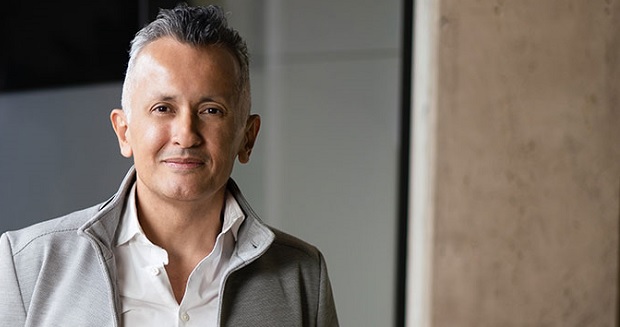As we unpack the multiple facets to social governance in our industry, financial inclusion comes to the forefront — and what we’re seeing is that Australia still has a long way to go.
Earlier this month, Islamic Bank Australia (IBA) received its banking licence from APRA. While it is a restricted licence, it marks an exciting movement for financial inclusion and ethical offerings in our local banking and financial services sector.
IBA's licence is timely too, with the 2021 Australian Census highlighting a 34.6 per cent increase in Australia’s Islamic population — now the second largest religion in our country.
However, research from Hejaz, an Islamic financial services provider, reveals one in three Australian Muslims admit to keeping significant cash savings at home and avoiding mortgages because of a lack of suitable finance options and particularly to avoid earning interest, which is seen as non-Sharia.
Such restrictions not only impact the bottom line of banks and financial service providers, but so too, do they have a negative impact on the quality of life for Australian Muslims. It could be argued that the latter is more important to creating a thriving, inclusive society and has a bigger impact on the economy in the long term.
With plans to provide Sharia-compliant mortgages through broker channels, IBA might be playing a little catch up with Hejaz, but more importantly, it’s opening the realm for financial inclusion through competition for providing financial services and products to support this important community in Australian society. But, inclusion isn’t just about access, it’s also about experience.
When we look at the opportunities for delivering and engaging with various communities within the society, we begin to understand the significance of digital experiences.
With an agile digitally enabled infrastructure, not only is the possibility of personalisation enabled, but so too is the scale of delivery for such products and services. And the appetite is there, ABA’s 2021 report on consumer banking trends confirmed Australians have adapted quickly to the digital era of banking, meaning we are bridging a gap in financial inclusion and the consumer experience.
However, with technology rapidly evolving, banks and financial institutions are challenged with having to innovate at the pace of the customer — and perhaps even more difficult, their expectations for delightful experiences.
Earlier this year, our digital engineering team at Mobiquity delivered an Islamic bank prototype with online car finance ("Murabaha") to support the growing global Muslim community.
Developed in a mere six weeks, the Shariah-compliant prototype enables any financial institution to enhance their offering and into Islamic banking services through a technology stack that essentially plugs into the infrastructure.
This is just one way which technology can lower cost to serve and expedite the time to market of smaller and niche product offerings, allowing service providers to prioritise social consciousness and offer customers personalised, value-added experiences that have true utility as they address unmet needs. And the implications are vast, not only does this tick the box for inclusion, but so too does it begin to grow brand gravity.
The rise of Islamic banking is just the beginning of a much larger discussion around ethical banking and financial inclusion, one which banks have struggled to stay on top of for years, if not decades to now. The challenge lies in keeping up with the pace that society is changing — and technology is at the forefront for influencing those societal changes.
Products and services don’t need to be religious either, for example: How do we deliver financial inclusion to the one million new migrants that became an important part of Australia’s economy over the past five years? The answer lies in personalised banking and financial services that start with the wants and needs of these small or large, yet important groups within our society.
While the bottom line is important, in a world where corporate governance and social impact adds to brand gravity, ethical consciousness must take precedence when developing products and services.
The epitome of financial inclusion is allowing consumers to make financial decisions through multiple product options and channels that meet their needs without compromising their values or wellbeing. This can only be achieved when banks adopt a customer behaviour-centric approach to innovation.
Without this approach, the gap on financial inclusion will only widen or contribute to diminishing financial health.
Gustavo Quiroga is the general manager of Mobiquity in Asia Pacific.
He leads a local team of industry specialists who together aim to create frictionless customer experiences through the application of digital touchpoints.
Gus is passionate about developing, designing and implementing digital products and services to help businesses across Australia accelerate innovation at the pace of customer expectations.
 ;
;
Comments (0)